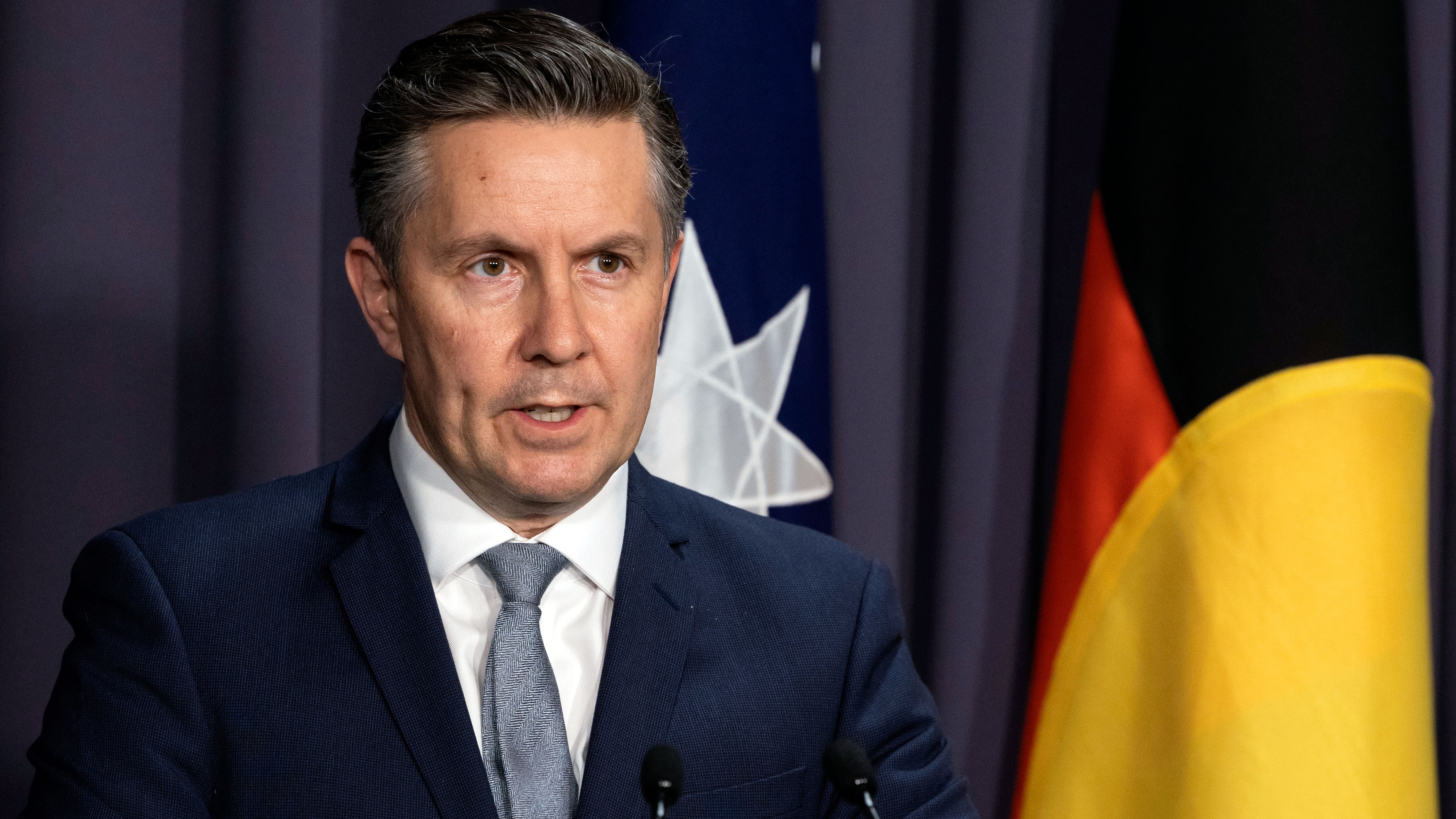The extensive delays during Australia's COVID-19 vaccine rollout resulted in deaths and a $31 billion hit to the economy, according to an inquiry into the government response to the pandemic.
The federal government today released its response to the 868-page report, announcing a Centre for Disease Control (CDC) will be formally established. An interim CDC was launched earlier this year.
The inquiry found that, while Australia had one of the best reactions to the outbreak of COVID-19, with relatively low death rates compared to other nations, it was still unprepared for the pandemic.
READ MORE: Under-pressure builders facing "zombie" apocalypse
It outlined several areas of the government response that could have been improved, including the slow vaccine rollout, a lack of transparency that eroded public trust, and financial stimulus that, while bulwarking the nation from economic collapse, fuelled skyrocketing inflation that continues to be felt years later.
The report found that the vaccine "strollout" – the delay in approving, purchasing and rolling out vaccinations in 2021 – had a significant hit on the economy.
"This meant our staged reopening occurred months later than it otherwise could have, with a direct economic cost estimated at $31 billion," the report states.
It also found the delays led to more deaths and overall cases because fewer people had been able to get vaccinated by the time the Omicron variant began spreading in late 2021.
READ MORE: 'It was all declared': PM hits back over Qantas upgrades
Too much money, not enough communication
The report, commissioned by Prime Minister Anthony Albanese last year and conducted by public health and social care expert Robyn Kruk, economist Angela Jackson and infectious disease specialist Catherine Bennett, was also critical of poor communication that damaged public trust.
In particular, a lack of transparency later on in the pandemic in relation to lockdowns and other restrictions has had long-lasting impacts on how some members of the public view governments.
"It was counterproductive to impose such a high level of confidentiality to the advice that informed decisions, especially given many of those decisions curtailed rights and freedoms," the report states.
"This lack of transparency came at the cost of public trust…
"Focus groups indicated 'there was erosion of trust, social licence and goodwill in governments and institutions' and 'resentment towards what was lost (ie choice, connections, "freedoms" and autonomy) has led some mainstream audiences to become more sceptical and critical of government policies and decision-making'."
READ MORE: Myer snaps up iconic Aussie retailers in $950m mega deal
Contrastingly, the report found the stimulus injected into the economy was too generous and helped fuel the cost-of-living crisis that has plagued households in recent years.
One economist who gave evidence to the inquiry said those inflationary impacts caused by government support will be felt well into next year.
"Macroeconomic modelling by Chris Murphy estimates that total increases in fiscal expenditure from the start of the pandemic added 2.4 percentage points to annual inflation in the December quarter of 2022 (when inflation peaked at 7.8 per cent), with monetary policy over 2021−22 adding a further 0.6 percentage points," the report says.
"He estimates this inflation effect to dissipate by mid-2025."
The report also found government stimulus was "disproportionately" targeted at male-dominated industries, even though female-dominated sectors like nursing bore the brunt of the pandemic workload.
"The government's response had a disproportionate impact on women and girls in many areas of life… the pandemic and social distancing measures mostly affected female-dominated sectors, so women faced greater economic risks," it stated.
"Living conditions and work-life balance were seriously diminished for women because they took on a disproportionate amount of housework and childcare duties."
READ MORE: The relocation housing trend allowing buyers to snap up 'half-price' homes
Recommendations for the next pandemic
"The striking conclusion, I think, from this report, though, is that right now we are arguably worse-placed as a country to deal with a pandemic than we were in early 2020, for a range of reasons," was Health Minister Mark Butler's take on the inquiry.
He said the government has established a taskforce to work through the report's 26 recommendations, 19 of which are recommended to be prioritised over the next 12-18 months.
Chief among them is establishing a full-time CDC, which will receive $251 million in federal funding over four years.
"Without doubt, the most important recommendation from this report is the establishment of a Centre for Disease Control – a CDC," Buttler said.
"As you know, Australia at the beginning of this pandemic was pretty much the only OECD nation without a central authoritative Centre for Disease Control."
The CDC will be based in Canberra and will commence at the start of 2026.







